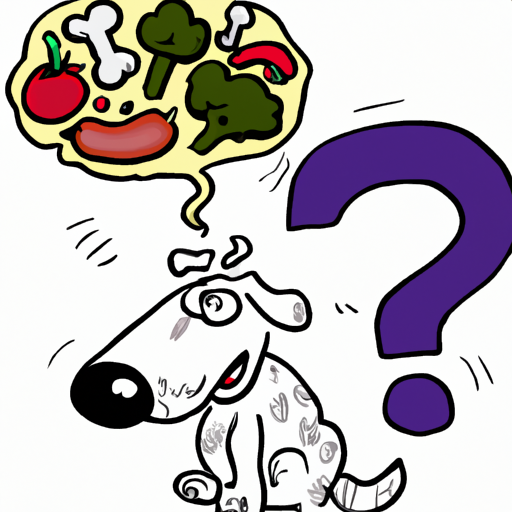Every dog has its day, but when your canine companion seems to have an excess of gas, it can make for an uncomfortable situation for everyone involved. In this article, you’ll get a comprehensive understanding of why your dog is gassy and what you, as a caregiver, can do to help.
H2: An Overview of Canine Digestion
As a dog caregiver, it’s essential to understand the basic canine digestive system. The process is quite similar to ours, starting with the mouth and ending at the anus. In between, food is broken down and nutrients absorbed. But sometimes, this process results in a bit more gas than we’d prefer.
- Mouth: Food is ingested and masticated.
- Stomach: The food is broken down by acids and enzymes.
- Small intestine: Nutrients are absorbed here.
- Large intestine: Water is absorbed, and waste is formed.
- Anus: Waste and gas are expelled.
H2: Common Causes of Excess Gas
There are several factors that can cause excess gas in dogs:
- Diet: Certain types of food can cause more gas than others. These include foods high in fiber, soybeans, peas, beans, milk products, and high-fat diets.
- Eating habits: If your dog tends to eat too quickly, they might swallow air, which leads to gas.
- Breed: Some breeds are more prone to gas, such as Boxers, Bulldogs, and Pugs.
- Age: Older dogs may have slower digestion, leading to more gas.
H2: Dietary Changes to Reduce Gas
To reduce gas, it may be helpful to make some dietary changes:
| Old Diet | New Diet |
|---|---|
| High fiber | Low fiber |
| Dairy | Dairy-free |
| High fat | Low fat |
Consider introducing these changes gradually, so as not to upset your dog’s stomach.
H2: Other Tips to Reduce Gas
Here are some additional tips to reduce gas in dogs:
- Make sure your dog eats slowly.
- Regular exercise can help stimulate digestion.
- Try smaller, more frequent meals instead of larger ones.
- If the problem persists, consult a vet to rule out any underlying health concerns.
H2: Frequently Asked Questions (FAQs)
Q1: Can certain dog breeds be more prone to gas?
Yes, some breeds like Boxers, Bulldogs, and Pugs are more prone to gas.
Q2: Can exercise help reduce gas in dogs?
Yes, regular exercise can help stimulate digestion and reduce gas.
Q3: Should I switch to a low-fat diet to reduce my dog’s gas?
It might help, but it’s recommended to consult a vet before making significant dietary changes.
Your dog’s health and comfort are paramount. Understanding what causes their gassy issues and knowing how to address them can make a world of difference in your dog’s life and yours. Remember, when in doubt, always consult with your vet.



